Classical CDs Weekly: Bach, Berlioz, Ensemble Galilei
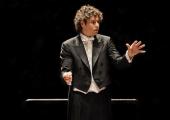
A pair of seasonal oratorios and an unlikely meeting between banjo and viola da gamba

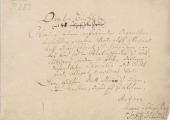
It was a bright idea which, thanks to careful programming, has delivered – among other special events – two rich concerts in the Tower of London’s unexpectedly welcoming Tudor church, courtesy of the enterprising Spitalfields Music Winter Festival. Bach left behind an exquisite volume, the “Little Organ Book”, designed to contain 164 chorale preludes. He completed only 46; organist William Whitehead decided to commission composers to fill in the gaps, basing their inspirations on (hopefully) the music and/or the meaning of the words in the original chorales.

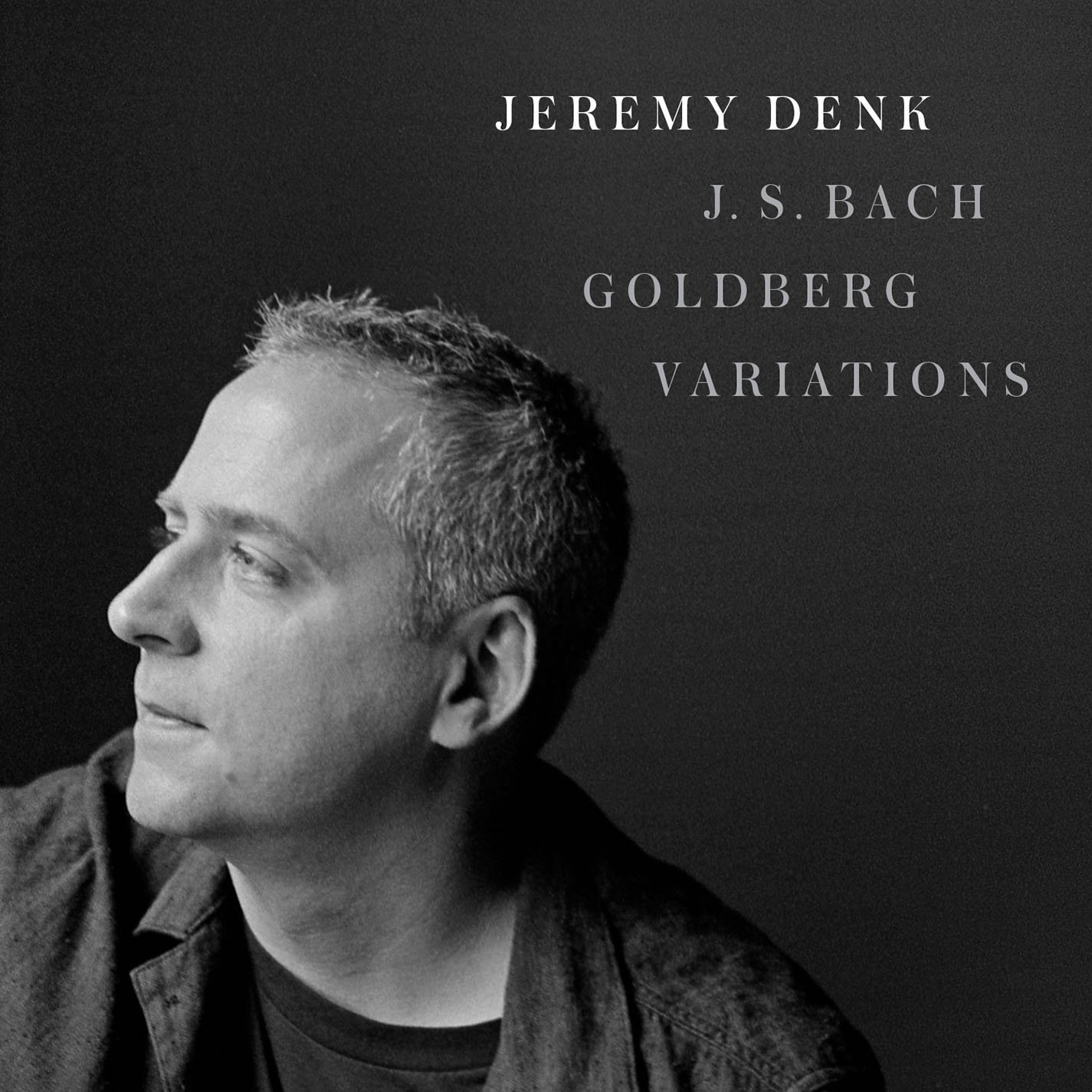
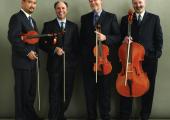
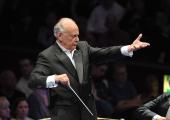
Tradition used to decree that the last Friday Prom would be devoted to worshipping Beethoven’s Choral Symphony. Not so today. Anything deemed serious and big occupies the slot, and if Bruckner’s Eighth Symphony isn’t serious and big, what do you want? A 40-tonne truck?
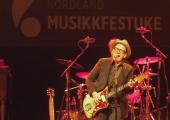
“Rock ‘n’ roll was invented in Bodø about 1922,” declares Elvis Costello before kicking into “A Slow Drag With Josephine”. “Then it crept down to Trondheim,” he continues. “Then the squares in Oslo got it about 1952.” Up here, 25km inside the Arctic Circle, it actually seems possible that anything could have developed without the outside world noticing. On the tip of a finger of land between two mountain-fringed fjords, the city of Bodø doesn’t need to shout its identity. The setting is enough.
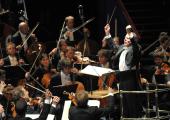
Mahler, who like most of us thought Bach was “the greatest of them all” and studied in depth the edition of his complete works, would have been delighted by last night’s extravaganza – a true celebration of what makes the Proms the much quoted “biggest music festival in the world”. Only two Bach oratorios – cantatas in all but name – could possibly follow, after a sizeable break for supper, the Mahler symphony, his Second, which ends in such a blazing resurrection.
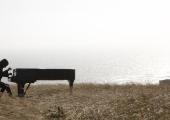
Most of us could compile soundtracks to our lives. We’d probably save our favourite songs and pieces for the worst bits. Pianist James Rhodes was sectioned in his twenties and maintains that a visitor who smuggled in an iPod stuffed with classical music helped to save his life. He’s refreshingly candid though, admitting slyly that “listening to a piece of Bach isn’t going to fix everything".
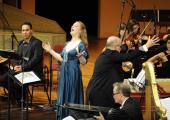
Let me confess: I had to return to lovely Göttingen as much for the frogs as for the Handel. Puffing out their throats like bubblegum, the amphibians' brekekekek chorus in the ponds of the great university’s botanic gardens actually made a more spectacular showing, in my books, than the main opera of this year’s Handel Festival, the 93rd, with its canny theme linking the German honorary Englishman with the Orient. Not even the effervescent Laurence Cummings in his second wonderful year as festival director could kiss the mostly humdrum Siroe, Re di Persia into a prince.
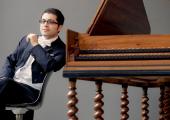
Old instruments have found young champions this week in two very different concerts and contexts. In the Wigmore Hall, Mahan Esfahani continued his persuasive rehabilitation of the harpsichord, showcasing not only the expressive range of the instrument itself but – more unusually – its repertoire, in music from Byrd to Ligeti. Meanwhile out in Richmond young singer-songwriter Joseph Reuben took a string quartet on a stylistic journey, blending classical textures and processes with an indie-pop sensibility to create a thoughtful fusion.